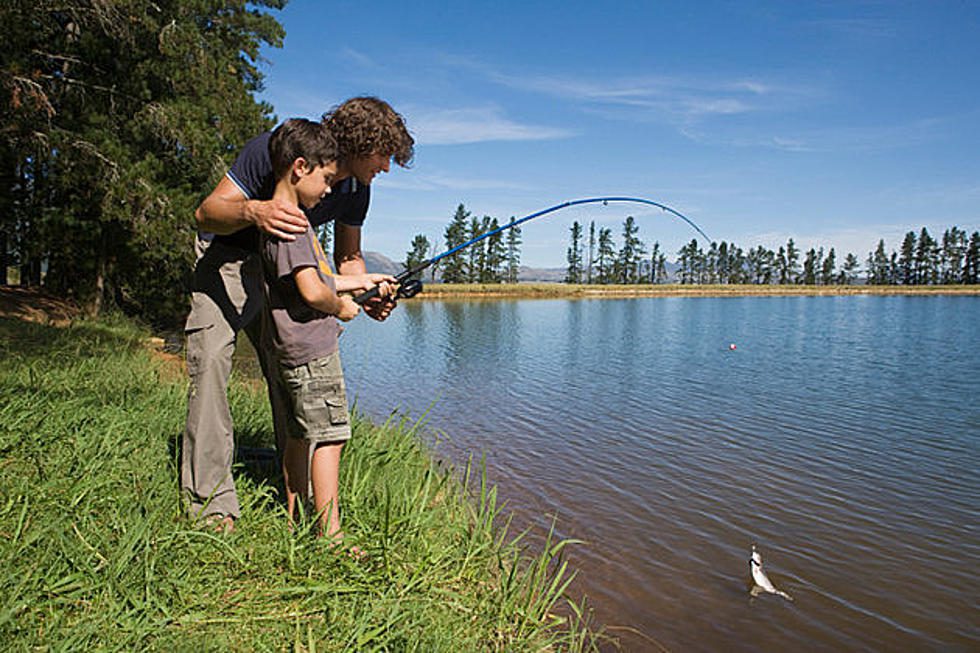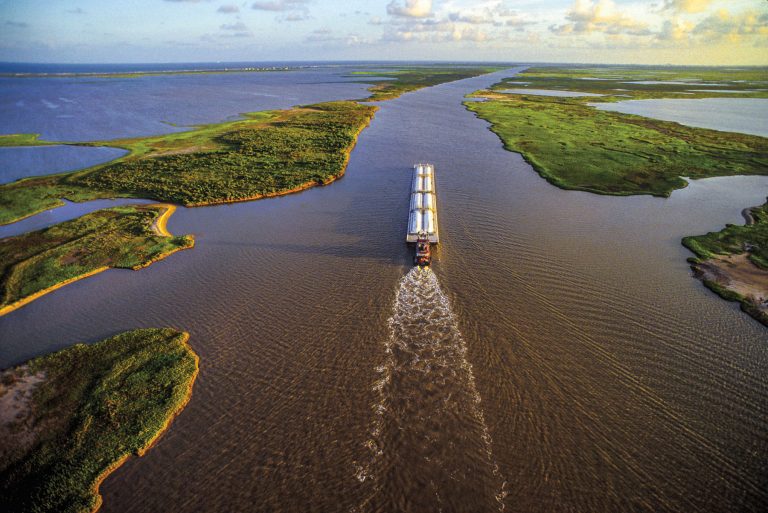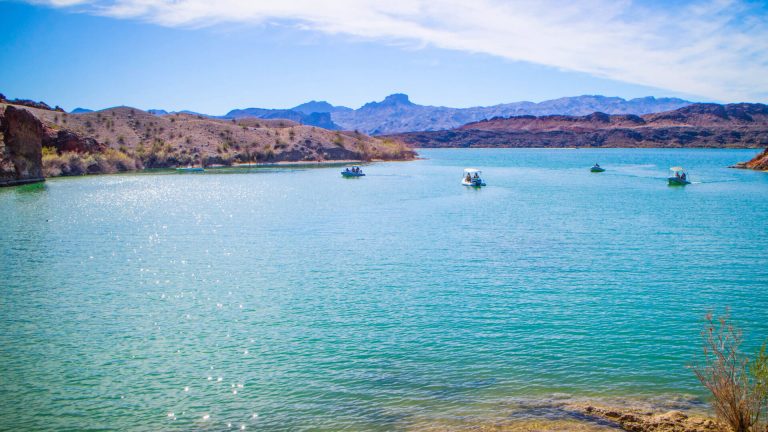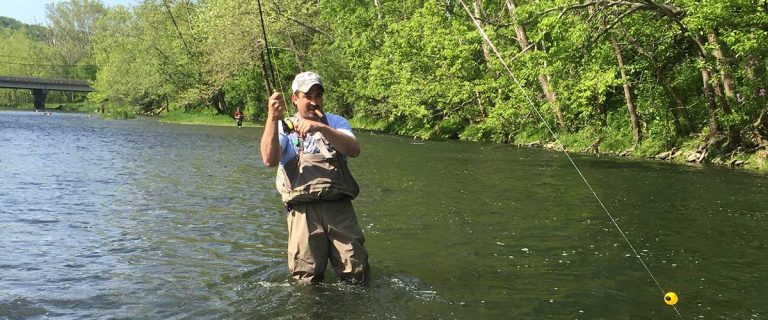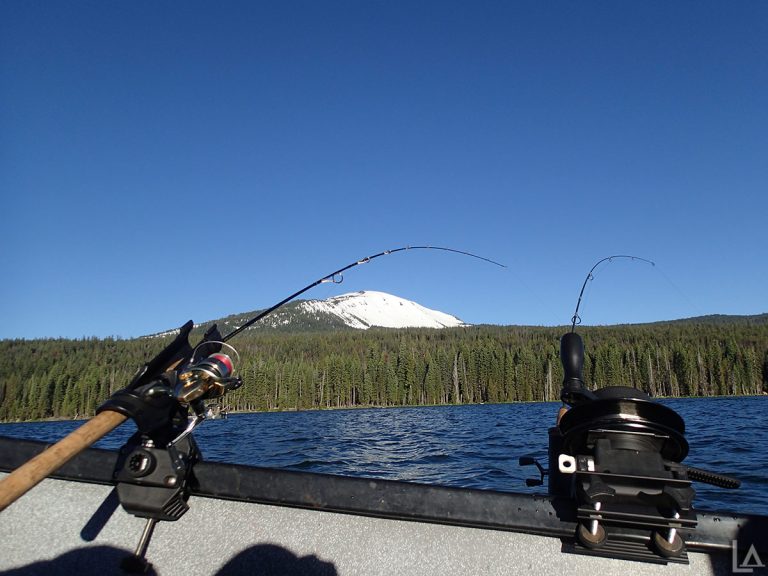Are you an avid angler dreaming of casting your line into Michigan’s pristine waters? Or perhaps a visitor eager to experience the state’s world-class fishing destinations? Obtaining the proper fishing license is crucial before embarking on your next angling adventure. This comprehensive guide unravels the intricacies of Michigan’s fishing license system, covering license types, fees, conservation efforts, and insider tips to maximize your fishing experience.
Resident Fishing License Fees for 2025
For Michigan residents planning to fish regularly, the annual fishing license at $26 is the most cost-effective option, valid from March 1st to March 31st of the following year. This license allows anglers to fish for all species permitted by Michigan’s fishing regulations, providing excellent value for frequent anglers.
Short-Term Licenses for Residents
For those who prefer fishing less frequently, Michigan offers several short-term resident licenses:
- 24-hour license: $10 – Ideal for anglers who want to fish for a single day without committing to a longer-term license.
- 72-hour license: $30 – Provides flexibility for anglers who plan to fish over a long weekend or a short trip.
- 7-day license: $35 – Suitable for residents who will be fishing for an extended period, such as a family vacation or a fishing trip with friends.
These short-term licenses are convenient for residents who don’t fish year-round but still want to enjoy the state’s abundant fishing opportunities.
Senior residents aged 65 or older, or those who are legally blind, can purchase an annual senior license for $11. This discounted license recognizes the contributions of older anglers and provides them with affordable access to fishing.
Michigan also offers a voluntary youth license for individuals under 17 at $2. While not required for minors, this license encourages young anglers to participate in the sport and supports youth fishing programs.
Non-Resident Fishing License Fees
Visitors from out of state must obtain a non-resident annual license for $76, which is valid for the same period as the resident annual license. This license grants non-residents the same fishing privileges as residents, allowing them to explore Michigan’s diverse fishing destinations.
Short-Term Licenses for Non-Residents
Non-residents can choose from several short-term licenses:
- 24-hour license: $10 – Perfect for non-residents who want to try fishing for a single day during their visit.
- 72-hour license: $35 – Ideal for non-residents who plan to fish for a few days during a short trip to Michigan.
- 7-day license: $42 – Suitable for non-residents who will be fishing for an extended period, such as a week-long vacation or a fishing tournament.
In addition to their fishing license, non-residents are required to purchase a $1 DNR Sportcard. This card helps fund conservation efforts and provides access to additional fishing resources.
Qualifying for Resident Licenses
To qualify for a resident fishing license in Michigan, anglers must meet specific criteria:
- Be a person who resides in a settled or permanent home or domicile within the boundaries of the state with the intention of remaining in the state.
- Be a full-time student at a Michigan college or university and reside in the state.
- Serve full-time in the U.S. Military and be either officially stationed in Michigan or maintain residency in the state.
The ownership of land in Michigan alone does not qualify an individual for a resident license.
By understanding the various license options and their costs, anglers can choose the most suitable license for their fishing needs and budget, whether they are residents or non-residents. Regular anglers can benefit from the cost-effectiveness of annual licenses, while occasional anglers can opt for short-term licenses that fit their schedules.
Conservation Efforts and Sustainable Fishing
By purchasing a fishing license, you’re not only gaining legal access to Michigan’s waters but also contributing to vital conservation efforts that ensure the long-term sustainability of the state’s aquatic resources. The revenue generated from license sales is the primary funding source for the Michigan Game and Fish Protection Fund, which supports a wide range of initiatives aimed at protecting and enhancing the state’s fisheries.
Funding Fish Stocking and Habitat Restoration
One of the most significant ways license revenue is used is to fund the operation of state-run fish hatcheries. These hatcheries play a crucial role in stocking public waters with various species of fish, ensuring healthy populations for anglers to enjoy. Additionally, a portion of the funds is dedicated to habitat restoration projects, such as improving spawning grounds, removing barriers to fish migration, and enhancing aquatic vegetation.
Research and Management
Ongoing research efforts are essential for understanding and effectively managing Michigan’s fish populations. License revenue supports studies that help biologists and wildlife managers make informed decisions about stocking, regulations, and conservation strategies. This research also informs public education campaigns, teaching anglers about sustainable fishing practices and the importance of responsible stewardship of aquatic resources.
Enforcement and Education
Enforcement of fishing regulations is another critical aspect of conservation efforts. Conservation officers use license revenue to patrol waterways, ensuring anglers comply with size limits, bag limits, and other rules designed to protect vulnerable species and maintain healthy ecosystems. Educational programs, such as “Fishing for the Future” and “Aquatic Stewardship,” also receive funding to promote responsible angling practices and a conservation ethic among anglers of all ages.
Sustainable Fishing Practices
Responsible anglers play a vital role in the sustainability of Michigan’s fisheries by adhering to regulations, respecting size and bag limits, and avoiding damage to sensitive habitats. Practicing catch-and-release, using appropriate tackle, and minimizing disturbance to spawning areas are all ways anglers can contribute to the long-term health of fish populations.
Purchase Options for Your Fishing License
Michigan offers several convenient options for obtaining your fishing license, making it easy for anglers to participate in this popular outdoor activity while supporting conservation efforts.
Online Licensing System
The Michigan DNR’s online licensing system allows anglers to purchase and instantly receive their licenses, eliminating the need to visit a physical location. This system is accessible 24/7 and offers a variety of license options, including annual, daily, and specialty permits.
Authorized Retailers
For those who prefer in-person transactions, Michigan offers a network of authorized retailers where anglers can purchase their licenses. These retailers include sporting goods stores, bait shops, and DNR service centers. By visiting these locations, anglers can also access local knowledge and recommendations for the best fishing spots and techniques in the area.
License Requirements
To purchase a Michigan fishing license, anglers must provide a valid driver’s license or state identification card, as well as a DNR Sportcard. The Sportcard is a unique identification number assigned to each angler, which helps the DNR track license sales and participation in fishing activities.
Insider Tips for a Successful Fishing Experience
While a fishing license is essential for legal access to Michigan’s waters, there are several other factors that can contribute to a successful and enjoyable fishing experience. By considering these insider tips, anglers can maximize their chances of catching fish while minimizing their impact on the environment.
Research and Planning
Before embarking on a fishing trip, it’s essential to research the specific body of water, regulations, and target species. This information can be found on the Michigan DNR website, in the Michigan Fishing Guide, or by consulting with local fishing clubs and tackle shops. By planning ahead, anglers can ensure they have the necessary equipment, bait, and techniques to target their desired species effectively.
Join Local Fishing Clubs
Joining a local fishing club or organization can provide anglers with invaluable insights into the best fishing spots, techniques, and seasonal patterns. These clubs often organize outings, tournaments, and educational events that help members improve their skills and knowledge of the sport. Additionally, many clubs engage in conservation projects and advocacy efforts to protect and enhance Michigan’s fisheries.
Catch-and-Release Practices
While keeping a portion of one’s catch is a common practice, anglers should also consider the benefits of catch-and-release fishing. By carefully handling and releasing fish back into the water, anglers can contribute to the sustainability of fish populations while still enjoying the thrill of the catch. Proper catch-and-release techniques, such as using barbless hooks, minimizing air exposure, and reviving fish before release, can help ensure the survival of released fish.
Introducing Friends and Family
One of the most rewarding aspects of fishing is sharing the experience with others. By introducing friends and family to the sport, anglers can foster a love for responsible angling practices and the outdoors. Youth fishing programs, such as the Michigan DNR’s “Fishing for the Future” initiative, provide opportunities for young anglers to learn about fishing, conservation, and the importance of sustainable practices.
With its diverse array of fishing opportunities and abundant aquatic resources, Michigan is a true angler’s paradise. By understanding the licensing process, contributing to conservation efforts, and practicing sustainable techniques, anglers can embark on unforgettable fishing adventures while preserving these invaluable resources for generations to come.
Conclusion
Fishing in Michigan offers a unique experience for both residents and non-residents. By securing the appropriate fishing license and adhering to conservation practices, you can enjoy the rich aquatic life Michigan has to offer. For more information on fishing licenses, visit the Michigan Department of Natural Resources.



